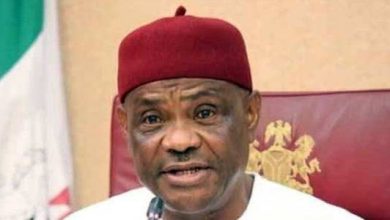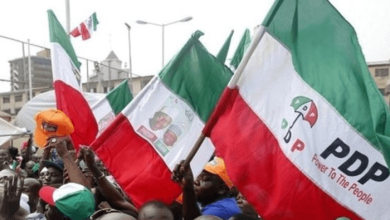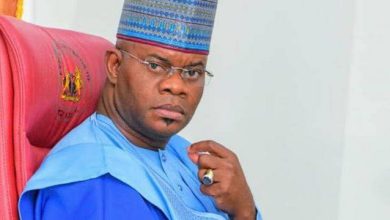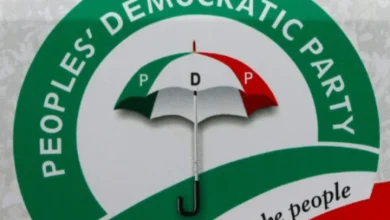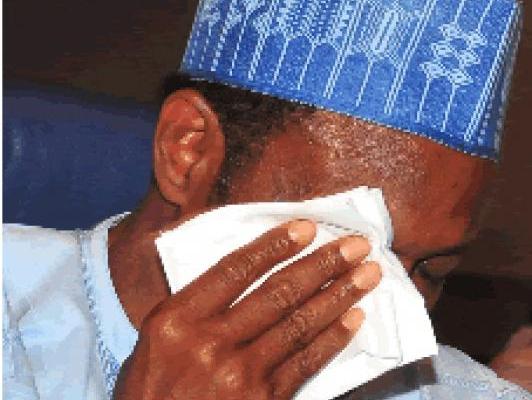
South Africa’s former president, Jacob Zuma, was found guilty of contempt of court and sentenced to 15 months in prison last Tuesday by the Constitutional Court of the country.
The court ordered that Mr Zuma present himself at a police station in his home town of Nkandla or Johannesburg within five days. The judge, justice Sisi Khampepe ruled: “There can be no doubt that Mr Zuma is in contempt of court.”
Mr. Zuma’s tenure was tainted by financial scandals, even though he was a comrade of Nelson Mandela and a dominant figure for decades in the governing African National Congress party. He defied an order to appear before a corruption inquiry examining the breathtaking financial scandals that tainted his tenure as the country’s leader from 2009 to 2018.
Findings revealed that South Africa is not the only country to convict a former head of state. It happened to former President Nicolas Sarkozy of France in March. Also, a South Korea’s Supreme Court upheld a 20-year jail term for former President Park Geun-Hye of South Korea over a vast corruption scandal that led to her downfall.
This newspaper also recalled that former President Omar al-Bashir of Sudan was sentenced to two years in prison for corruption following the discovery of over $130 million cash in his residence in 2019.
But has it happened in Nigeria? No! Not a single former president has been charged for corruption by successive governments. Even when Swiss authorities have returned $752 million and the United States government repatriated $311 million stashed in its domain, late Sani Abacha remains President Muhammadu Buhari’s hero. The current administration is preaching against corruption but former President Goodluck Jonathan is a friend of the Buhari regime. He has tactically run errands for the government despite millions of dollars allegedly traced to his wife, Patience. The money is still a subject of forfeiture in different courts.
Many have argued that there is no rule of law in Nigeria and this could be traced back as far as 1999 when three former military heads of state, including President Buhari, were summoned by the Human Rights Violations Investigation Commission led by Justice Chukwudifu Oputa. They all failed to appear. Rather than respect the commission, they ran to the Supreme Court in 2003, which declared the commission illegal.
Anti-corruption crusaders said what occurred in South Africa was an attestation of a nation where rule of law is the order of the day and a country where the essence of judiciary is cherished in the dispensable of the democratisation processes.
A right activist, Dunsi Olowolafe, told our correspondent that “Nigerian leaders must learn how to respect court judges and obey court orders. When citizens believe that no one is above the law, our institutions for checking political leader irregularities would be strengthened and then, we can speak of having an ideal society.”

